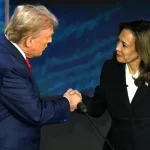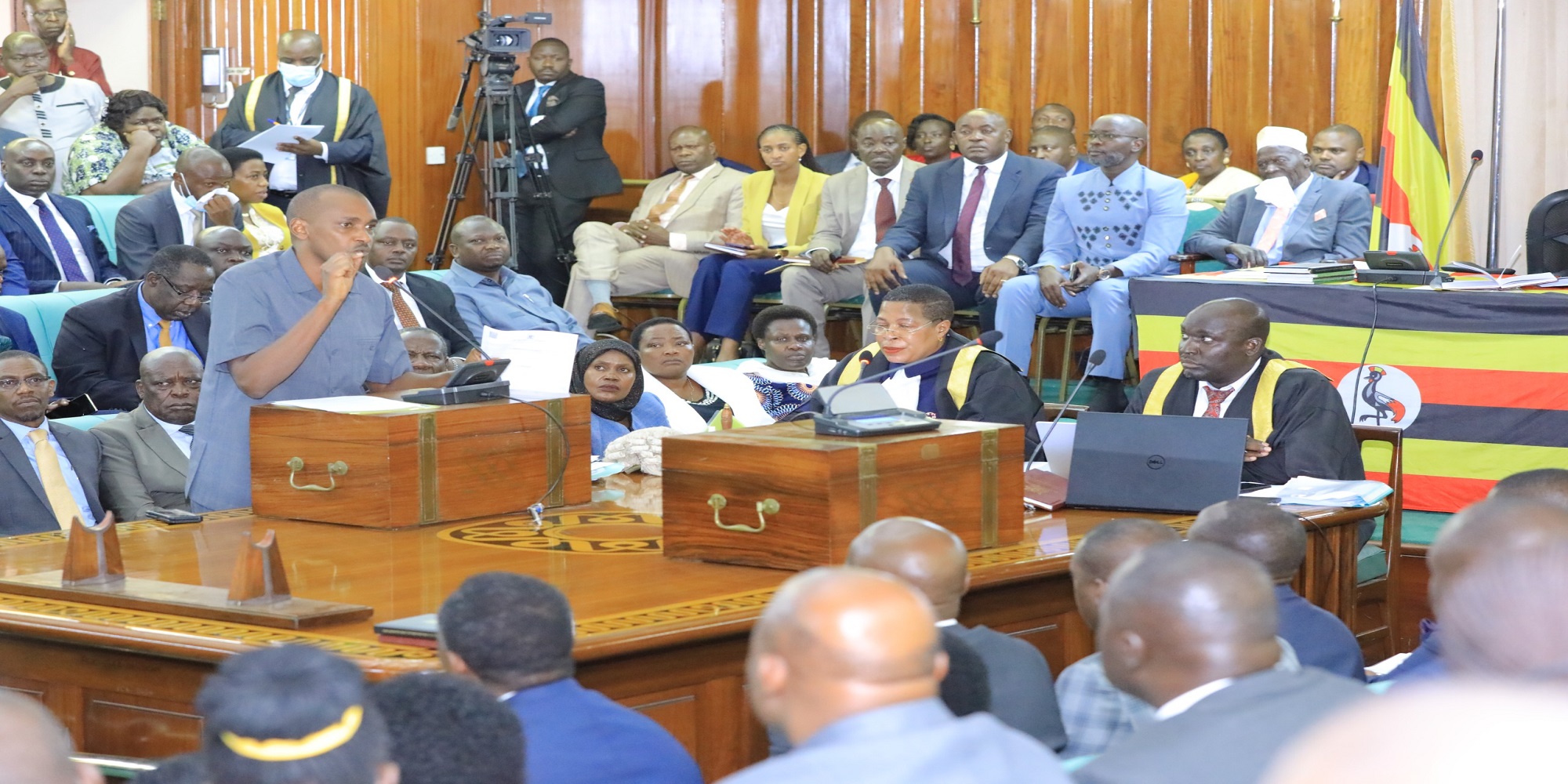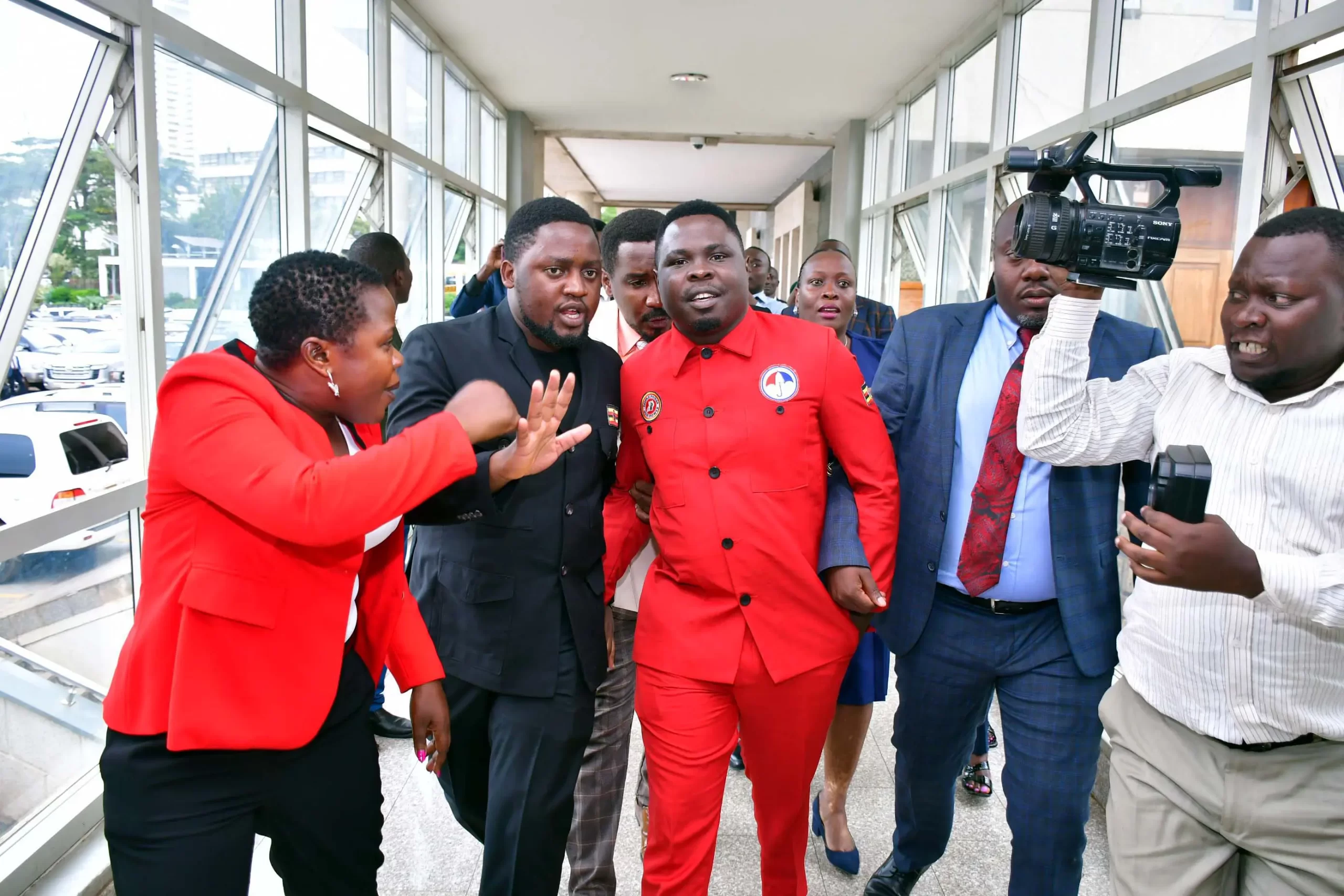President Ebrahim Raisi, Foreign Minister Hossein Amir-Abdollahian and several others are confirmed to have been killed in Sunday’s helicopter crash in north-western Iran, state TV says.
The IRNA state news agency says that also on board were Ayatollah Mohammad Ali Al-e Hashem, the imam for Friday prayers in the city of Tabriz, and General Malek Rahmati, the governor of the Iranian province of East Azerbaijan.
The commander of the president’s protection unit, Sardar Seyed Mehdi Mousavi, was also killed, as were a number of bodyguards and helicopter crew who have not yet been named.
Raisi is a hardline cleric close to Iran’s Supreme Leader Ayatollah Ali Khamenei. His election as president in 2021 consolidated the control of conservatives over every part of the Islamic Republic.
Born in 1960 in Mashhad, home to Iran’s holiest Shia Muslim shrine, he followed in the footsteps of his father, a cleric, and started attended a seminary when he was 15.
He took part in protests against the Western-backed Shah, who was toppled in 1979, while a student and went on to become the deputy prosecutor in Tehran at just 25.
In the late 1980s, he sat on secret tribunals believed to have sentenced thousands of political prisoners to death in what humans rights group say constituted a crime against humanity.
Raisi succeeded Hassan Rouhani as president after a poll which saw many prominent moderate and reformist candidates barred and the majority of voters stay away.
He took power with Iran already facing multiple challenges but his time in office has been dominated by anti-government protests as well as the current war in Gaza.
What next?
The constitution of the Islamic Republic has a straightforward remedy for instances where a president is incapable of executing his duties due to illness, death or impeachment and removal by parliament.
It tasks the vice-president – in this case, Mohammad Mokhber – to run the affairs of the country and jointly with the heads of parliament and the judiciary oversee an election for a new president within a maximum of 50 days.
This would only happen with the confirmation of the supreme leader, who has the final say in all matters of state in Iran.
With state media confirming that President Ebrahim Raisi has died, the regime in Iran will move to hold such an election – one that is unlikely to gather any more interest among the public than the last one did.
Last time around, all serious challengers to Raisi were barred from running, clearing the path for him to enter office with the lowest number of voters (around 30% of eligible voters), while the majority boycotted what they saw as a fixed election.
From Agencies…










